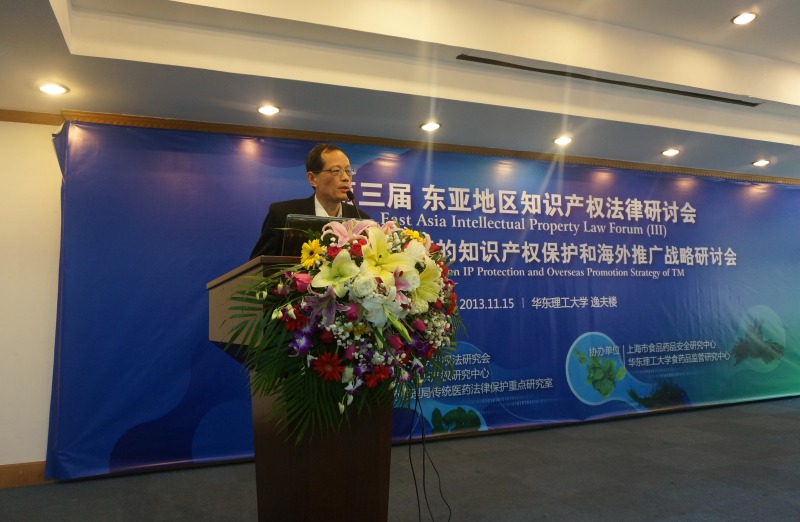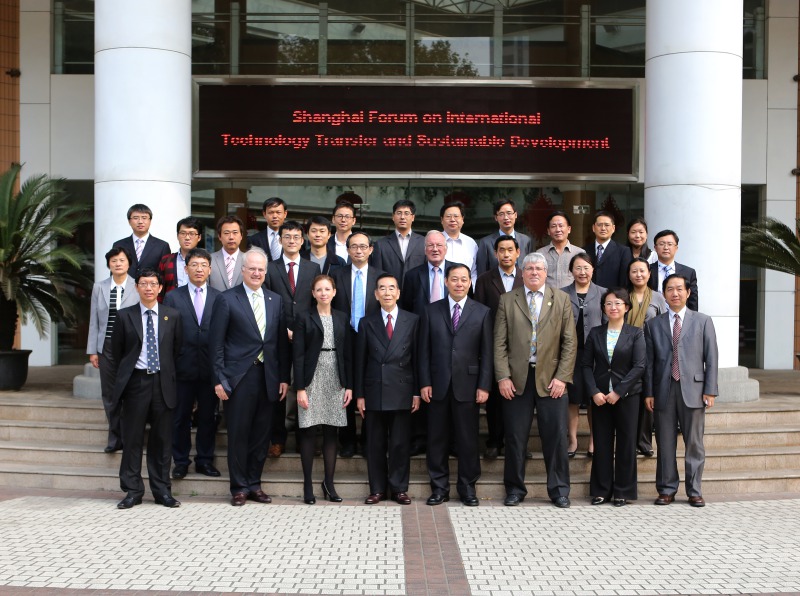Regulations on the Protection of Intangible Cultural Heritage in Lvliang(2)
Article 15 For the endangered intangible cultural heritage projects, the cultural administrative departments should establish an endangered projects list. Besides, they should formulate rescue protection schemes in conjunction with relevant departments, recording and collating data, saving the materials, preserving and repairing buildings and sites, and recommending personnel.
Article 16 For the projects that the existence conditions have disappeared or almost disappeared, the cultural administrative departments should establish the memory projects list, organizing the investigation, collecting relevant information and materials, establishing data archives of texts, pictures, audioes and videoes.
Article 17 For the projects which have extensive audience and good living inheritance foundation, the cultural administrative department should provide the necessary places for inheritors, subsidizing to teach students, impart skills and communicate, supporting their participation in social welfare activities.
The protection units should give inheritors necessary time to perform, display and communicate.
Article 18 For the projects which can be transformed into cultural products and services with productive technology and social needs, the governments and relevant departments should support, guide and regulate the reasonable exploitation.
If any unit and individual wants to develop and use intangible cultural heritage projects, it should maintain the integrity of the traditional process and the authenticity of the core skills.
Intellectual property rights, such as copyrights and trademarks, which are produced by intangible cultural heritage, should be protected.
Article 19 The governments can set up eco-cultural zones for the villages, districts or specific areas with numerous distinctive intangible cultural heritage projects to implement the overall protection.
The cultural administrative departments should formulate special plans for protection zones jointly with the planning, land and resources departments, and implement after the approval of the government at the same level. The historical features and the traditional cultural ecology of the eco-cultural protection zones should be maintained. The natural landscape and human settlement environment cannot be destroyed.
Article 20 The governments should be based on local cultural development plans to co-ordinate the construction of collection, display, research and inheritance and other public cultural facilities of intangible cultural heritage.
All kinds of public cultural sites should designedly carry out performances, exhibitions and communication activities of intangible cultural heritage.
Article 21 The governments should organize the cultural departments and other relevant departments to combine the Cultural and Natural Heritage Day, traditional festivals and folk activities with intangible cultural heritage protection achievements.
Article 22 The cultural administrative departments should develop the talent cultivation plan in conjunction with the human resources and social security, education and other departments, supporting schools to setting up related majors or courses, constructing teaching and inheritance bases, popularizing traditional skills of intangible cultural heritage and cultivating successors.
Article 23 The cultural administrative departments should support and guide investors to rationally use the intangible cultural heritage resources jointly with the Department of Cultural Relics Tourism, developing traditional cultural products and tourism projects with local characteristics.
Article 24 The media, such as radio, television, newspapers and periodicals, the Internet, should publicize the protection of intangible cultural heritage, spreading the representative projects, and popularizing the relevant knowledge.
Article 25 The industry associations and relevant professional associations of intangible cultural heritage should carry out intangible cultural heritage protection, related academic exchanges, consulting services, advocacy and other activities according to their constitutions.
Article 26 To encourage and support citizens, legal persons and other organizations to participate in the intangible cultural heritage protection work through research, collection, exhibition, inheritance, donation, voluntary service and other ways.
The governments should commend or reward the organizations and individuals who have made outstanding contributions to the protection of intangible cultural heritage.
Article 27 If the cultural administrative departments and the staff of other relevant departments, the intangible cultural heritage protection institutions and their staff have one of the following acts in the intangible cultural heritage protection work, the directly responsible personnel and other directly liable persons will be given a sanction according to law; if their acts constitute a crime, they will be prosecuted for criminal responsibility.
(a) does not fulfill the responsibilities of intangible cultural heritage protection, supervision and management;
(b) in violation of statutory conditions or procedures to identify the representative projects and its protection units or inheritors;
(c) the intangible cultural heritage archives and related databases have not been established, resulting in serious consequences;
(d) failing to take timely protective measures for the representative projects listed in the endangered projects list, resulting in serious consequences;
(e) to cause damage to the legitimate rights and interests of respondents, resulting in serious consequences;
(f) illegal possession, destruction of the intangible cultural heritage data and materials;
(g) failing to implement the funds for the intangible cultural heritage protection;
(h) failing to supervise and inspect the implementation of the protection funds;
(i) interception, misappropriation, embezzlement of special funds for the intangible cultural heritage protection;
(j) other acts of corruption, dereliction of duty, breach of privilege.
Article 28 This Regulations shall come into force on November 1st, 2017.
next:Measures for the Protection of Intangible Cultural Heritage in Xining, Qinghai(1)


